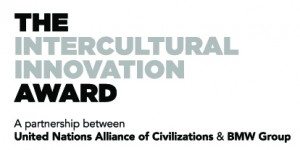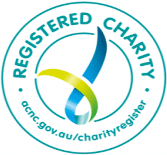You may remember that back in July ’13 I was awarded a Churchill Fellowship to investigate the factors that make non-profit racism prevention initiatives effective. So earlier this year I travelled to USA, England, France, Poland, and Belgium to learn from some of the most effective antiracism programs around the world
Since I’ve been back I’ve written a report on my findings, which you can download from the Churchill Fellowship website.
In summary, Australia needs to have a sustained and long-term commitment to achieving racial equality by working in cross-sector partnerships to create practical solutions that are evidence-based. All Together Now has been working in this way since 2010 and continues to seek the support of journalists, funders and activists to support this work to make it possible:
- Journalists can help by focusing their reporting on why racism happens and exploring potential solutions to creating racial justice.
- Both governmental and philanthropic funders can help by creating grants specifically for racial equality work.
- Individual activists can help by approaching antiracism actions in a non-violent manner and keeping the conversation about racism constructive.
My report contains recommendations to All Together Now’s board based on what I learned during the Fellowship. The recommendations – should they be approved – will improve All Together Now’s approach to racism prevention. Recommendations include
- providing training for teachers and front-line workers;
- providing training for activists and other volunteers;
- supporting governmental bodies by encouraging individuals and organisations to report racially-motivated incidences; and
- continuing to reduce recruitment by white supremacists.
All Together Now’s Board of Directors will make a statement in response to these recommendations once they have been fully considered.



I see an increase in the number of journalists reporting on racism and the reasons behind it these days. However, I still feel that there is a lack in the amount of articles exploring the potential solutions to creating racial justice. As our society is very education-driven these days, if people are not fed with a proper solution, I believe they will just ignore the problem. As such, I think we really need to try and urge more journalists in the society to make solid commentaries about potential solutions against racism and in creating racial justice.
Even so, I believe this is quite difficult, as racism is indeed a hard problem to solve, and it really all depends on an individuals passion in fighting racism, instead of following a proper solution.